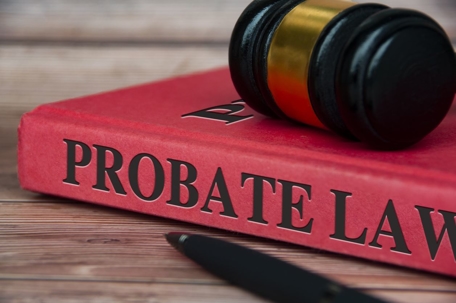Probate is a legal process that follows after a person's death to distribute their assets and settle their debts. It can be a complex and lengthy procedure, which is why it's essential to understand which assets go through probate and which ones do not. In this blog, we'll provide you with a comprehensive guide on which assets typically go through probate and how to avoid this process whenever possible to make your life easier.
Real Estate
Real estate is one of the most common assets that go through probate. If the deceased person solely owned the property, it will have to go through probate before it can be distributed to the heirs. However, if the property is jointly owned, it will automatically transfer to the surviving owner without going through probate.
Bank Accounts
Bank accounts are another asset that may go through probate. If the account is solely owned by the deceased person, it will have to go through probate. However, if the account is jointly owned, it will automatically transfer to the surviving owner without going through probate.
Retirement Accounts
Retirement accounts, such as 401(k)s and IRAs, do not go through probate if they have a designated beneficiary. The beneficiary will inherit the account directly, bypassing the probate process. However, if there is no designated beneficiary, the account will have to go through probate.
Life Insurance Policies
Like retirement accounts, life insurance policies do not go through probate if they have a designated beneficiary. The beneficiary will inherit the policy directly, bypassing the probate process. However, if there is no designated beneficiary, the policy will have to go through probate.
Personal Property
Personal property, such as furniture, jewelry, and artwork, may or may not go through probate. If the deceased person had a will, the personal property will be distributed according to the will. If there is no will, the personal property will have to go through probate.
Consult an Attorney Today
Bottom line, it's essential to understand which assets go through probate and which ones do not. Real estate and bank accounts are common assets that may go through probate, while retirement accounts and life insurance policies do not if they have a designated beneficiary. Personal property may or may not go through probate, depending on whether there is a will. To avoid probate, it's crucial to plan your estate and designate beneficiaries for your assets.
If you need assistance with virtually any probate or estate planning matter, Adrian Philip Thomas, P.A. is here for you. Our experienced attorneys will happily guide you through this process, tailoring your experience and skill to fit your unique needs. Contact us today for a consultation.

